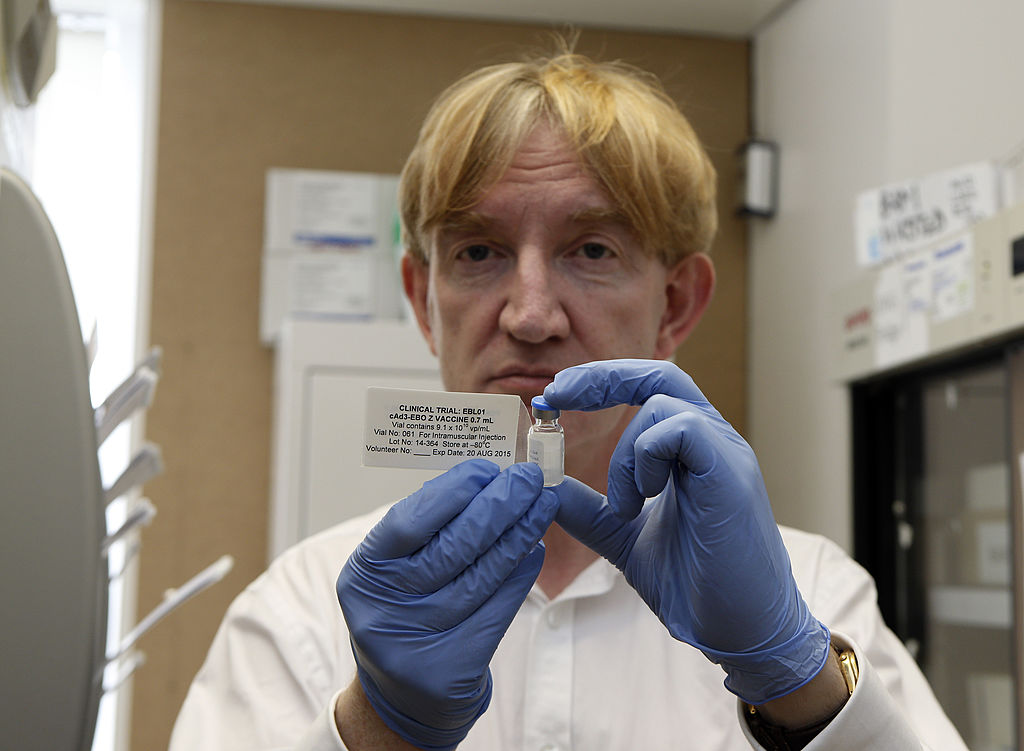THE IRISH scientist heading up Oxford University’s coronavirus vaccine trials has warned there is only a 50% chance of success if transmission rates continue to fade in the UK.
Professor Adrian Hill, the director of the Jenner Institute, has been working alongside scientists from the Oxford Vaccine Group on a COVID-19 vaccine since January.
The initial stage of human trials has already been completed, with 160 healthy volunteers aged between 18 and 55 receiving the vaccine.
A further 10,260 people are required for the next stages of the testing processing, with children and elderly volunteers needed in order to see the effects of the vaccine on these age groups.
However, Professor Hill, who previously worked on Ebola and malaria vaccines, has warned the research could be stopped in its tracks should transmission rates in the UK fall too low.
If too few volunteers catch the virus, the drug trial would be unable to provide an accurate assessment of whether the vaccine is effective or not.
 Professor Adrian Hill
Professor Adrian Hill(Photo by Steve Parsons-WPA Pool/Getty Images)
Speaking to the Sunday Telegraph, Professor Hill explained that the Oxford University Research group is facing “a race against the virus disappearing, and against time.
“We said earlier in the year that there was an 80% chance of developing an effective vaccine by September. But at the moment, there’s a 50% chance that we get no result at all.
“We’re in the bizarre position of wanting COVID to stay, at least for a little while.”
Despite Professor Hill’s warning, the head of the Oxford Vaccine Group, Andrew Pollard, says vaccine trials are progressing ‘very well’, with scientists ready to begin the next stage of the research.
Over the next six weeks, 10,260 volunteers will be asked to keep a diary detailing any symptoms and submit blood samples on a regular basis.
The results. From these trials could be available
The Oxford Vaccine Group is prioritising participants most likely to come into contact with coronavirus e.g. frontline health workers.
Should everything go to plan, then a vaccine could be ready to go by as early as September.

